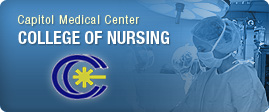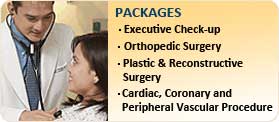 Cancer Awareness is vital for everyone and early detection and treatment of disease among men and boys is encouraged. The cancers that are frequently affect men are prostate, colon, lung, and skin cancers.
Cancer Awareness is vital for everyone and early detection and treatment of disease among men and boys is encouraged. The cancers that are frequently affect men are prostate, colon, lung, and skin cancers.
What is the prostate?
The prostate is a walnut-shaped gland that is part of the male reproductive system. It has two or more lobes, or sections, enclosed by an outer layer of tissue. The prostate is located in front of the rectum and just below the bladder, where urine is stored. It surrounds the urethra at the neck of the bladder and supplies fluid that goes into semen.
What are some common prostate problems?
The most common prostate problem in men younger than age 50 is inflammation, called prostatitis. Prostate enlargement, or benign prostatic hyperplasia (BPH), is another common problem. Because the prostate continues to grow as a man ages, BPH is the most common prostate problem for men older than age 50. Older men are at risk for prostate cancer as well, but it is much less common than BPH.
 What are the symptoms of prostate problems?
What are the symptoms of prostate problems?
The symptoms of prostate problems may include
urinary retention—the inability to empty the bladder completely
urinary frequency—urination eight or more times a day
urinary urgency—the inability to delay urination
urinary incontinence—the accidental loss of urine
nocturia—frequent urination at night
trouble beginning a urine stream
weak or interrupted urine stream
blockage of urine
urine that has an unusual color or odor
pain after ejaculation or during urination
Different prostate problems may have similar symptoms. For example, one man with prostatitis and another with may both experience urinary urgency. Sometimes symptoms for the same prostate problem differ among individuals. For example, one man with BPH may have trouble beginning a urine stream, while another may experience nocturia. A man in the early stages of prostate cancer may have no symptoms at all. Because of this confusing array of symptoms, a thorough medical exam and testing are vital.
 What is the first test for detecting prostate problems?
What is the first test for detecting prostate problems?
The first test for detecting prostate problems is a blood test to measure prostate-specific antigen (PSA), a protein made only by the prostate gland. This test is often included in routine physical exams for men older than age 50. It is recommended that a PSA blood test be given to all men starting at age 40.
Why is a prostate-specific antigen (PSA) blood test performed?
A PSA blood test is performed BPH to detect or rule out prostate cancer. The amount of PSA in the blood is often higher in men who have prostate cancer. However, an elevated PSA level does not necessarily indicate prostate cancer. The U.S. Food and Drug Administration has approved the PSA blood test for use in conjunction with a DRE to help detect prostate cancer in men age 50 or older and for monitoring men with prostate cancer after treatment. However, much remains unknown about how to interpret a PSA blood test, its ability to discriminate between cancer and problems such as BPH and prostatitis, and the best course of action if the PSA level is high.
When done in addition to a DRE, a PSA blood test enhances detection of prostate cancer. However, the test is known to have relatively high false-positive rates. A PSA blood test also may identify a greater number of medically insignificant lumps or growths, called tumors, in the prostate. Health care providers and patients should weigh the benefits of PSA blood testing against the risks of follow-up diagnostic tests. The procedures used to diagnose prostate cancer may cause significant side effects, including bleeding and infection. (www.healthguide.com)



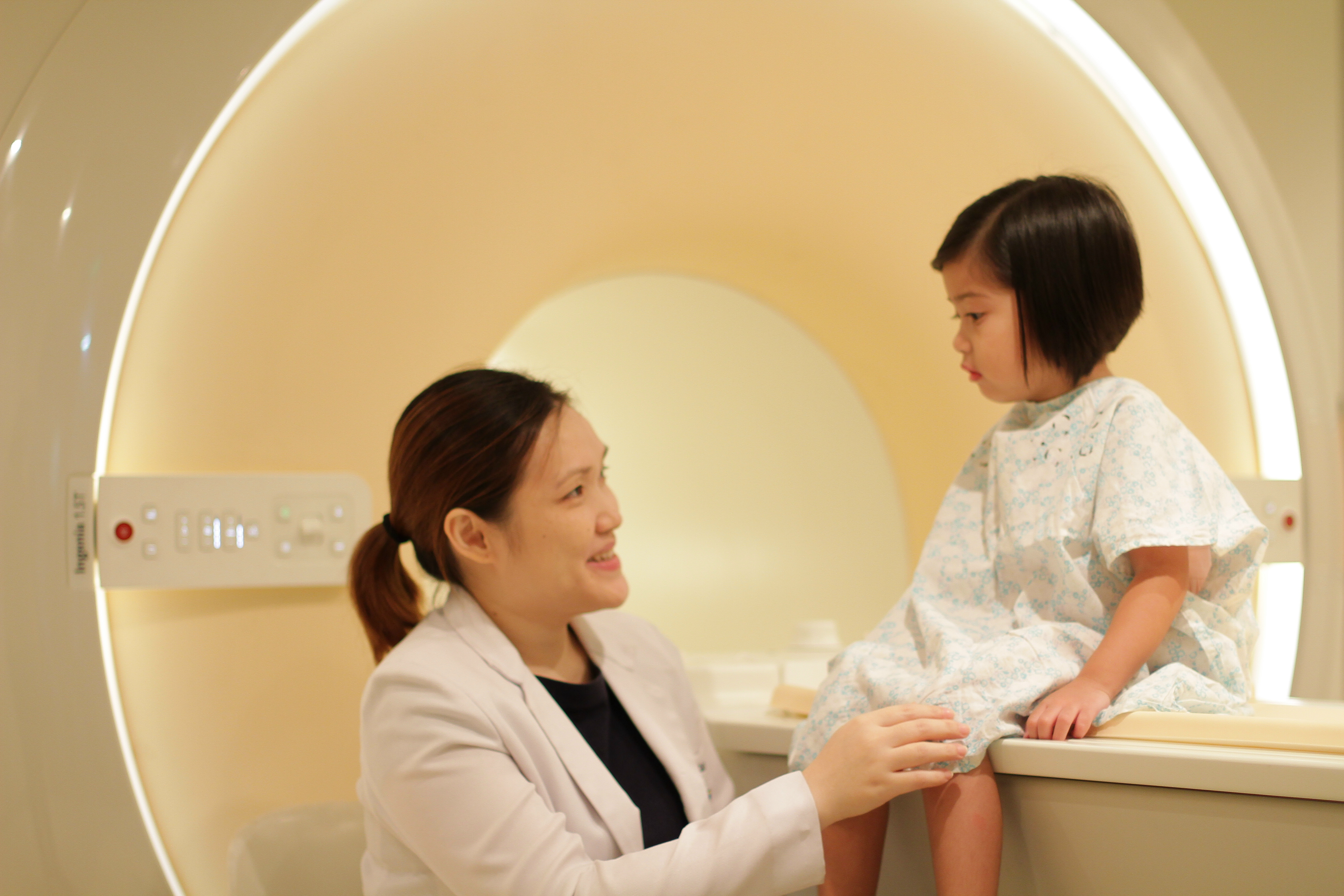
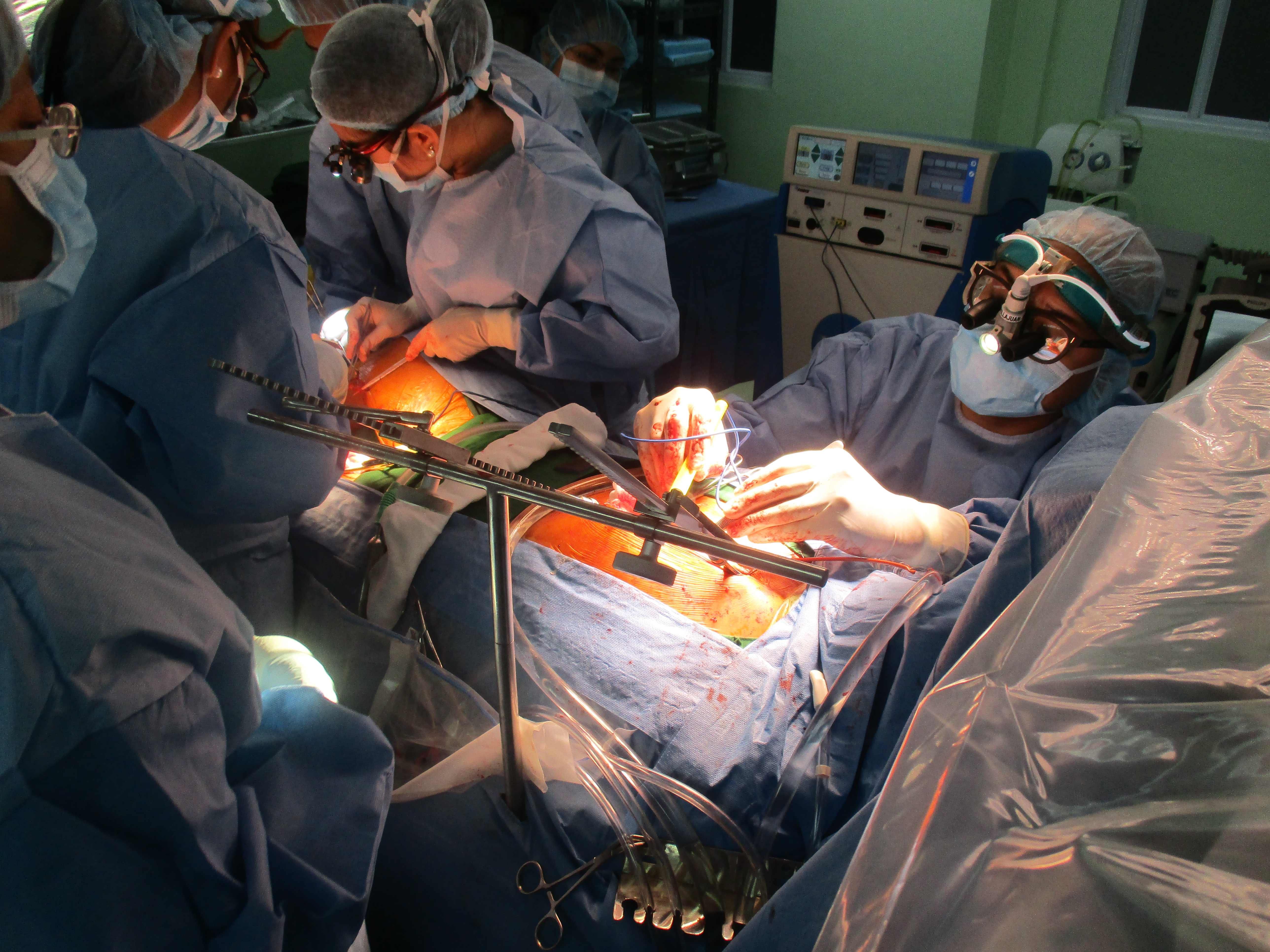
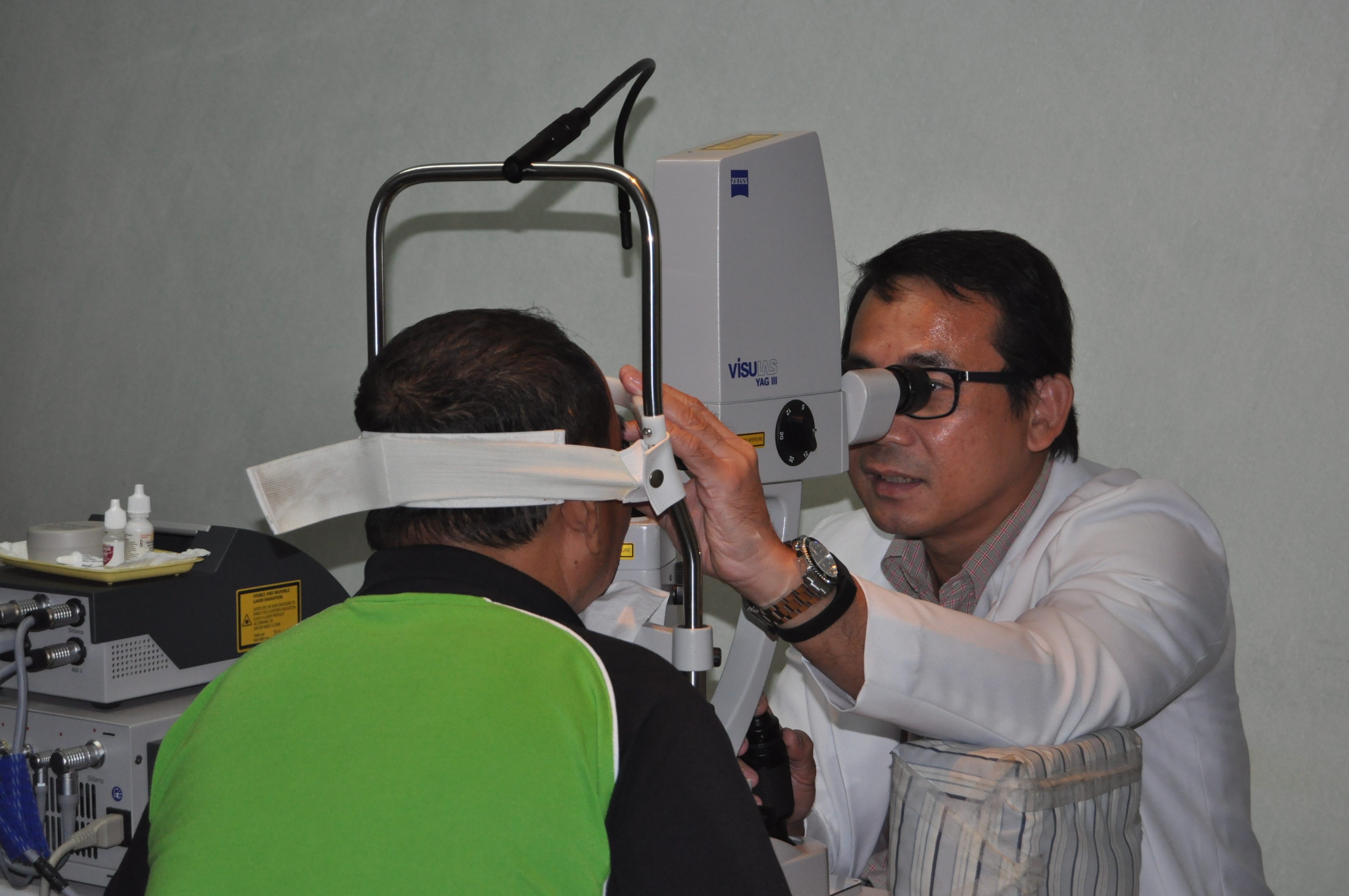
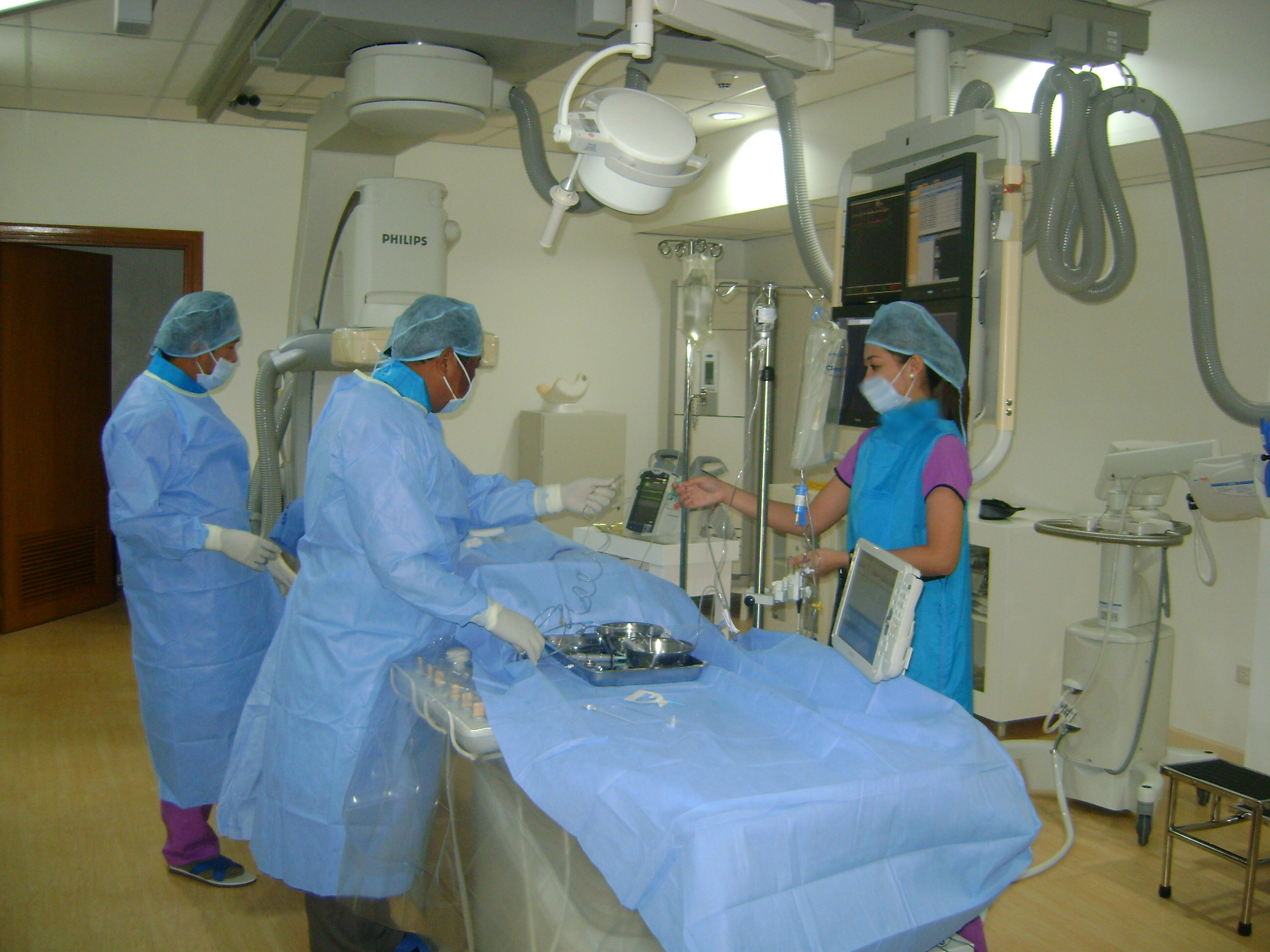
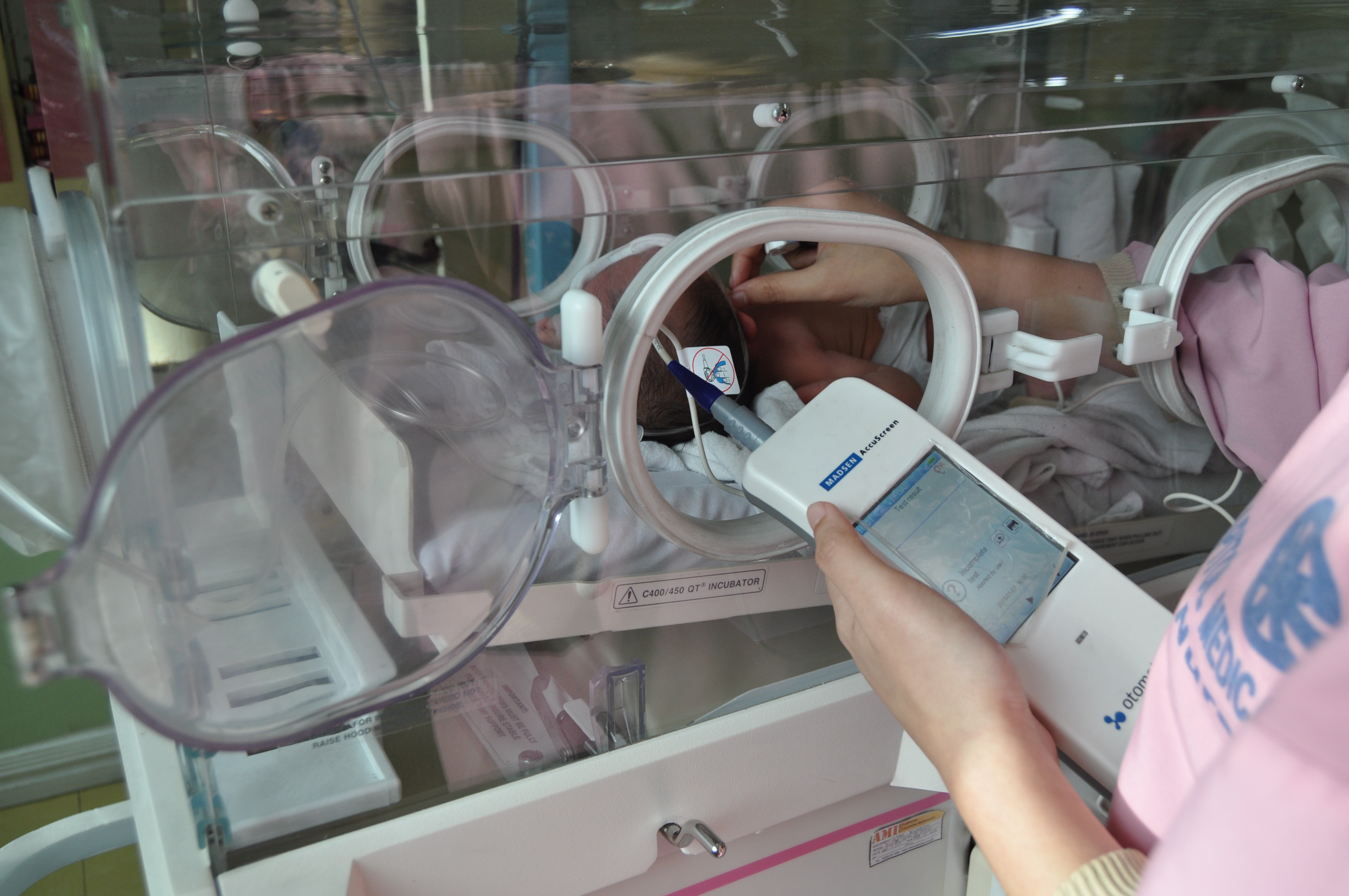


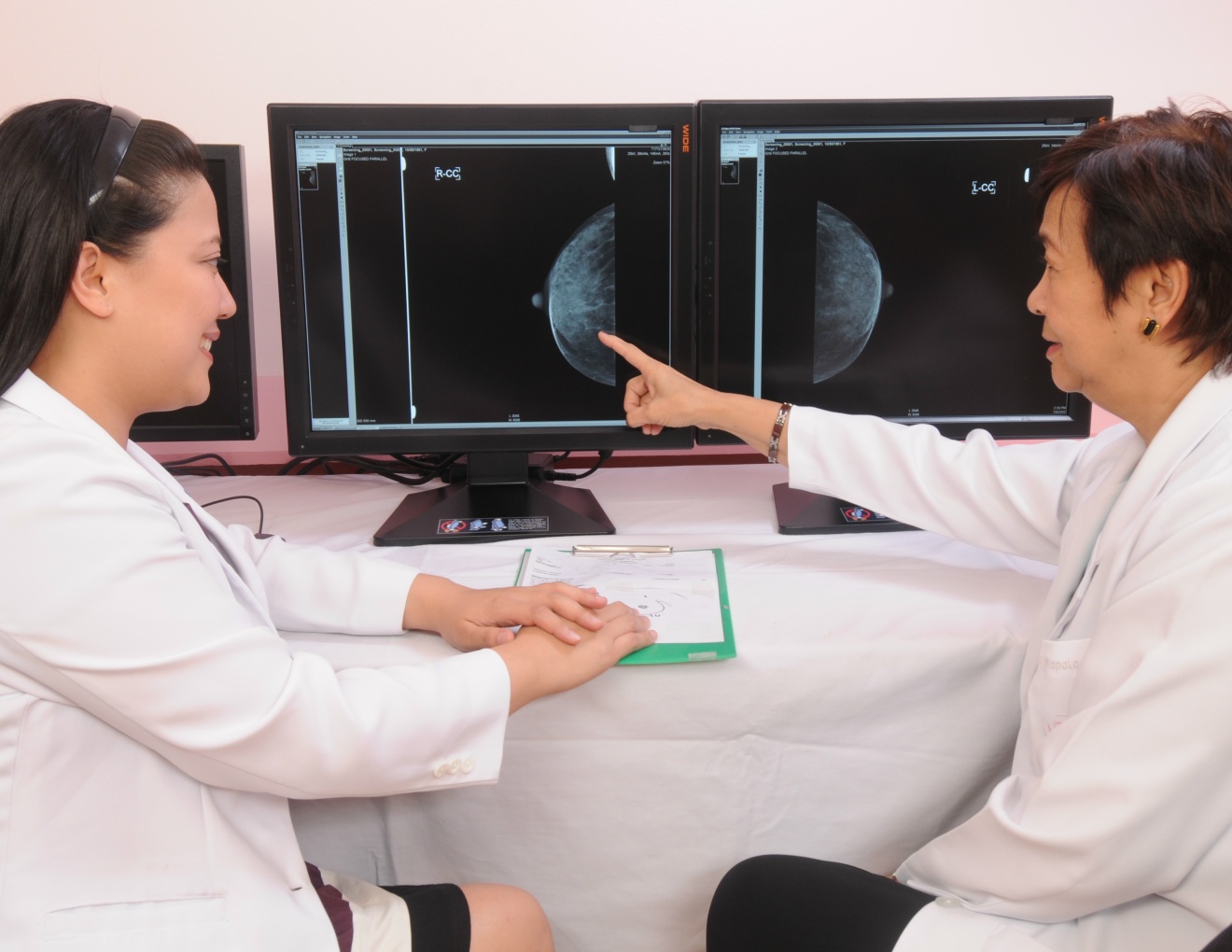
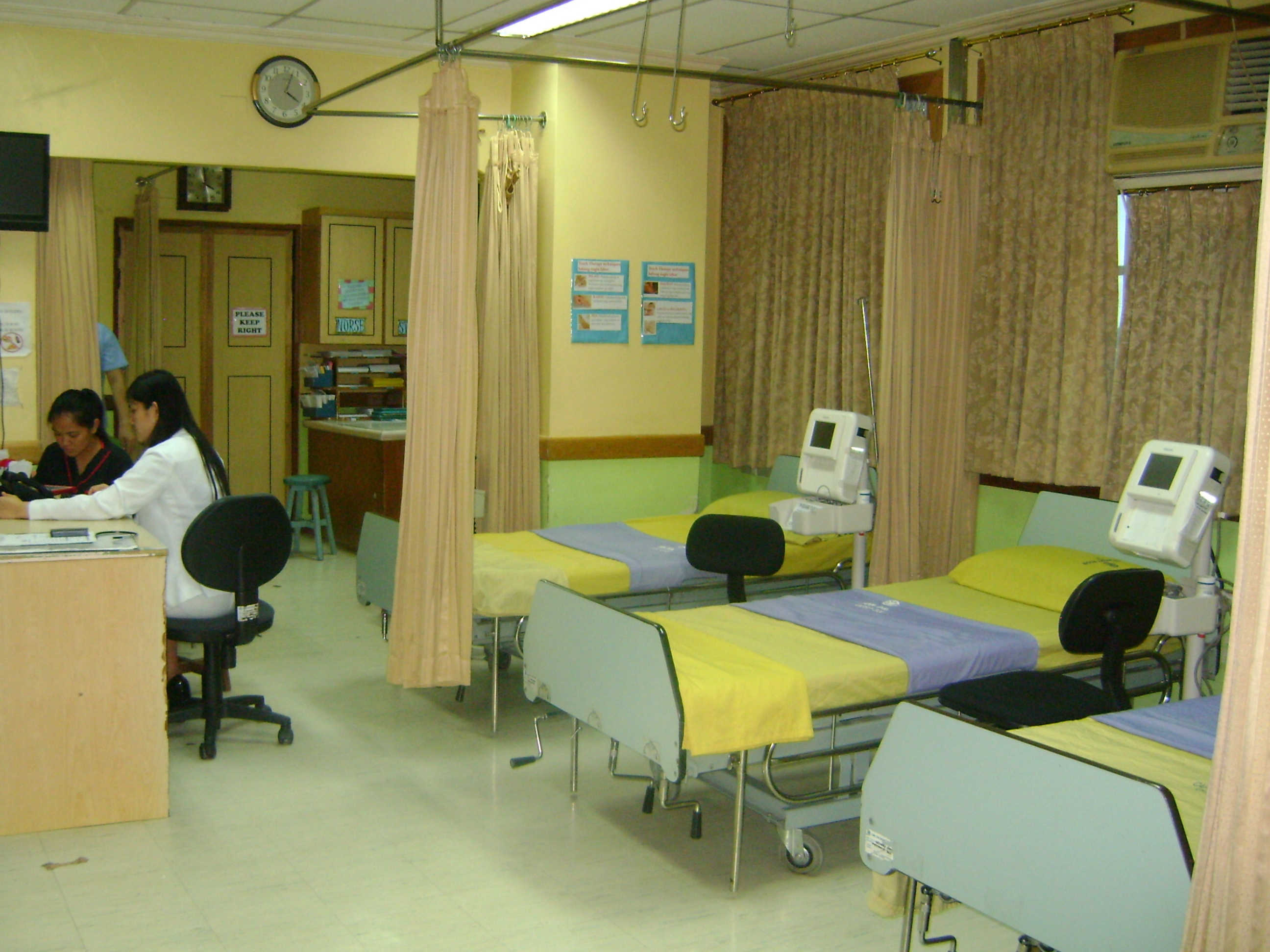
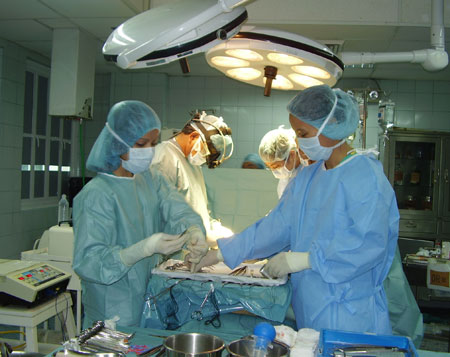



 Cancer Awareness is vital for everyone and early detection and treatment of disease among men and boys is encouraged. The cancers that are frequently affect men are prostate, colon, lung, and skin cancers.
Cancer Awareness is vital for everyone and early detection and treatment of disease among men and boys is encouraged. The cancers that are frequently affect men are prostate, colon, lung, and skin cancers. What are the symptoms of prostate problems?
What are the symptoms of prostate problems? What is the first test for detecting prostate problems?
What is the first test for detecting prostate problems? What can we do to avoid getting fungal infections then? It would be good if we came prepared for possible flooding. Wear rubber boots if you know you will need to wade in flood waters. If you find yourself in flood waters unexpectedly, make sure you remove your shoes as soon as you’re on dry land; wash your feet with soap and water and dry well, especially between the roes. This means you should always bring a small extra towel or small tissue with you, not to mention an extra pair of shoes or slippers (if you can!), that way you do not have to walk barefoot while waiting for your shoes to dry. Don’t forget to dry your wet shoes under the sun as soon as the sun comes out!
What can we do to avoid getting fungal infections then? It would be good if we came prepared for possible flooding. Wear rubber boots if you know you will need to wade in flood waters. If you find yourself in flood waters unexpectedly, make sure you remove your shoes as soon as you’re on dry land; wash your feet with soap and water and dry well, especially between the roes. This means you should always bring a small extra towel or small tissue with you, not to mention an extra pair of shoes or slippers (if you can!), that way you do not have to walk barefoot while waiting for your shoes to dry. Don’t forget to dry your wet shoes under the sun as soon as the sun comes out! The CMC Eye Center was established sometime in 1977 – with the hope of providing a specialty facility equipped with capabilities for out-patient diagnostic and interventional procedures that aid in the more efficient management of common eye disorders. It was envisioned to be a convenient one-stop ophthalmology center that could cater to the needs of eye specialists practicing in Capitol Medical Center and of patients referred by other ophthalmologists practicing in near-by areas.
The CMC Eye Center was established sometime in 1977 – with the hope of providing a specialty facility equipped with capabilities for out-patient diagnostic and interventional procedures that aid in the more efficient management of common eye disorders. It was envisioned to be a convenient one-stop ophthalmology center that could cater to the needs of eye specialists practicing in Capitol Medical Center and of patients referred by other ophthalmologists practicing in near-by areas. Over the years, the center has taken a conscious effort in improving the quality of its services and in keeping up with the fast changing demands of modern ophthalmology. The Eye Center had undergone some renovation & repartitioning of its service areas that promotes a more compact and efficient patient flow and traffic within the center. With its new look and acquisition of more modern equipment, patient can expect better service at very competitive rate. The CMC Eye Center is open daily, from Monday to Saturday, 9am to 5pm.
Over the years, the center has taken a conscious effort in improving the quality of its services and in keeping up with the fast changing demands of modern ophthalmology. The Eye Center had undergone some renovation & repartitioning of its service areas that promotes a more compact and efficient patient flow and traffic within the center. With its new look and acquisition of more modern equipment, patient can expect better service at very competitive rate. The CMC Eye Center is open daily, from Monday to Saturday, 9am to 5pm.









.jpg)







 Laboratory.jpg)









 Section.jpg)





